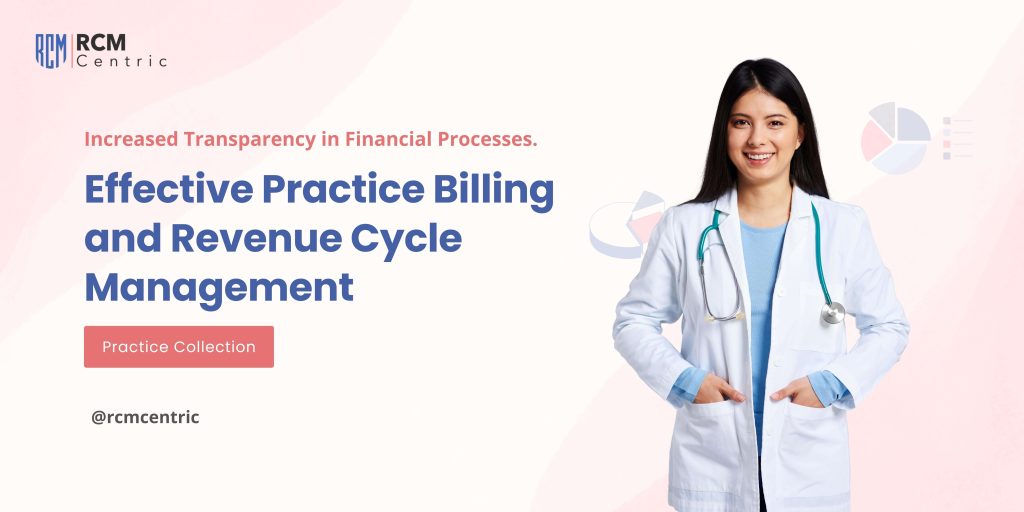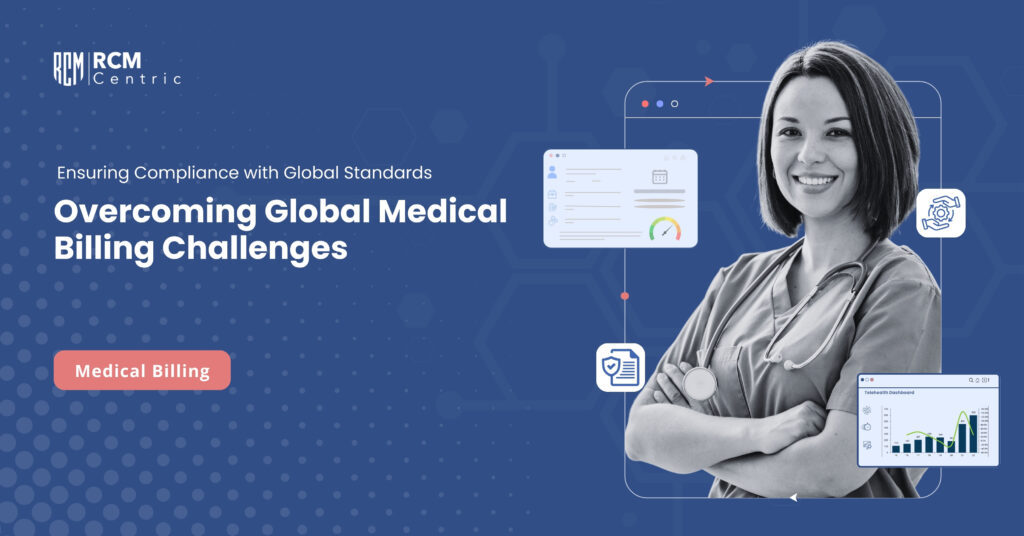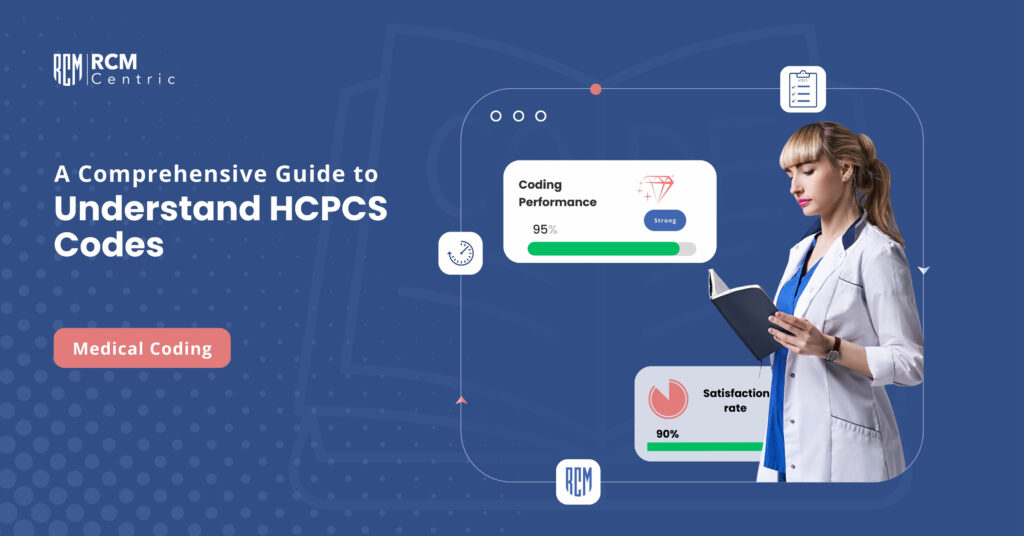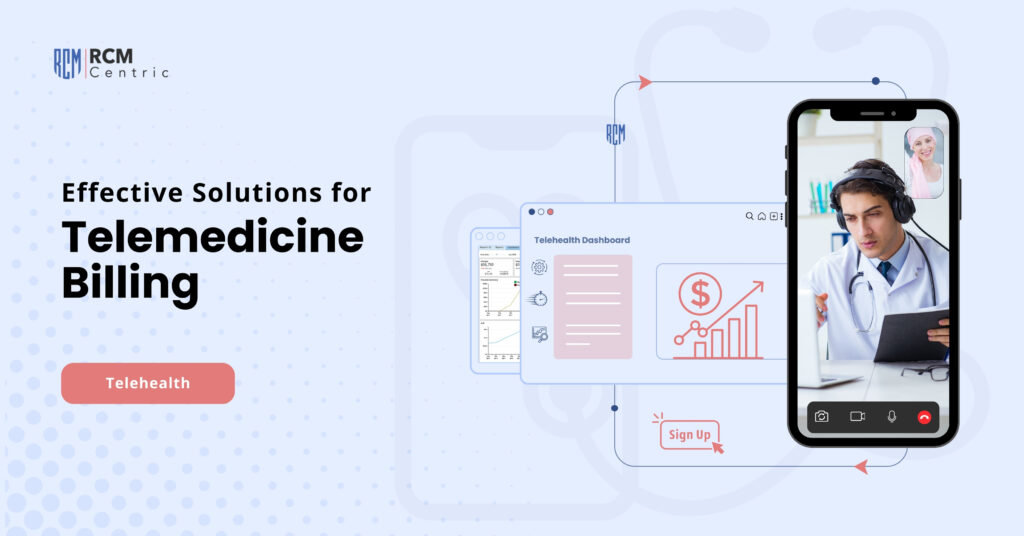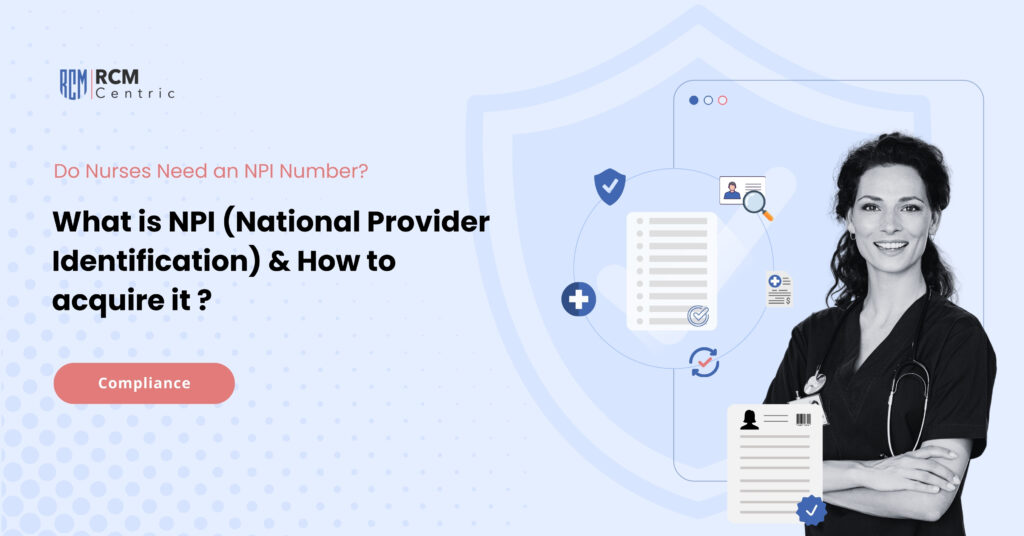In any medical practice, efficient billing and revenue cycle management (RCM) are crucial for financial success and overall practice stability. This heading explores the essential components of an efficient billing system and how a comprehensive revenue cycle management process can positively impact a healthcare provider’s bottom line.
Setting up a robust billing system is essential for the smooth operation and financial health of any medical practice. A well-designed and efficient billing system offers numerous benefits that contribute to the overall success and sustainability of the practice.
Setting Up a Robust Billing System
A robust billing system is the backbone of a successful medical practice. It involves the systematic process of generating and submitting medical bills to insurance companies for services rendered. An effective billing system should include accurate patient information, proper coding, proper provider credentialing, and timely claim submissions to maximize revenue collection.
Here are some of the key benefits:
- Maximizing Revenue Collection
- Faster Payment Processing
- Minimizing Claim Rejections and Denials
- Enhanced Billing Accuracy
- Improved Patient Satisfaction
- Efficient Insurance Verification
- Automated Billing Processes
- Centralized Financial Management
- Compliance and Audit Preparedness
- Cost-Effectiveness
Coding and Documentation Best Practices:
Proper coding and thorough documentation are essential for accurate billing and reimbursement. Medical codes, such as Current Procedural Terminology (CPT) and International Classification of Diseases (ICD), must be assigned correctly to each service provided. Accurate documentation ensures that billed services align with the care delivered, reducing the risk of claim denials and audits.
Utilize Specific and Accurate Codes: Use the most specific diagnosis and procedure codes available to reflect the patient’s condition accurately. Avoid using unspecified or generalized codes unless warranted by the clinical scenario.
Stay Current with Coding Guidelines: Stay updated with the latest coding guidelines from organizations such as the American Medical Association (AMA) and the Centers for Medicare & Medicaid Services (CMS). Regularly review changes in code sets, such as ICD-10-CM, CPT, and HCPCS codes, and ensure compliance with the latest coding standards.
Document in Real-Time: Encourage healthcare providers to document patient encounters in real-time or as soon as possible after the visit. Timely documentation ensures that all relevant details are captured accurately, reducing the risk of missing critical information during coding.
Thoroughly Document Medical Necessity: Clearly justify the medical necessity for services provided in the patient’s medical record. Link the diagnosis to the corresponding procedures or treatments to demonstrate the need for the services rendered.
Avoid Copy-Pasting or Cloning: Discourage the use of copy-pasting or cloning of documentation from one patient encounter to another. Each patient’s record should accurately reflect their unique medical condition and treatment plan.
Promote Interdisciplinary Communication: Encourage open communication and collaboration between healthcare providers, nurses, therapists, and other members of the care team. Accurate documentation requires input from all relevant healthcare professionals involved in the patient’s care.
Document Complications and Co-Morbidities (CC/MCC): Include any significant complications or co-morbidities that affect the patient’s treatment and outcome. Accurately documenting CC/MCC ensures appropriate reimbursement under certain payment systems.
Use Clear and Concise Language: Avoid ambiguous or unclear language in the documentation. Use terminology that accurately reflects the patient’s condition and the services provided.
Educate Healthcare Providers on Coding and Documentation: Provide ongoing training and education to healthcare providers regarding coding and documentation best practices. Regular training helps healthcare professionals stay informed about changes in coding guidelines and reinforces the importance of accurate documentation.
Regular Audits and Reviews: Conduct regular internal audits of coding and documentation practices to identify areas for improvement. External reviews or third-party audits can also provide valuable feedback and insights into coding accuracy and compliance.
Connect with an expert
Optimizing Revenue Cycle Management:
Revenue cycle management encompasses the entire process, from scheduling patient appointments to finalizing payments. By optimizing the revenue cycle, healthcare providers can streamline administrative tasks, reduce billing errors, and accelerate the collection of payments, leading to improved cash flow and financial stability.
Benefits of optimizing revenue cycle management:
- Increased revenue collection
- Accelerated cash flow
- Minimized billing errors and denials
- Enhanced patient satisfaction
- Improved financial stability
- Streamlined billing and claim submission processes
- Reduced administrative burden
- Enhanced data accuracy and reporting
- Improved compliance with regulatory requirements
- Better tracking and management of accounts receivable
- Increased staff productivity and efficiency
- Access to timely and accurate financial insights
- Improved coordination and communication between departments
- Better financial planning and budgeting capabilities
- Increased transparency in financial processes.
Handling Insurance Claims and Reimbursements:
Insurance claims play a pivotal role in the revenue cycle for most medical practices. The process of submitting claims, tracking their status, and receiving reimbursements can be complex and time-consuming. Effective revenue cycle management involves managing the entire claims process efficiently, from submission to payment receipt, to ensure timely and accurate reimbursements.
Outsourcing the handling of insurance claims and reimbursements can be the best option for several reasons. Here’s why:
Expertise and Experience: Outsourcing companies specializing in medical billing and revenue cycle management have extensive experience and expertise in navigating the complexities of insurance claims and reimbursement processes. They are well-versed in the ever-changing rules and regulations of different insurance carriers, ensuring accurate and compliant claim submissions.
Efficiency and Accuracy: Outsourcing providers have streamlined processes and advanced billing software to handle claims efficiently. They can submit claims promptly, reducing the time between patient visits and payment receipts. Their focus on accuracy minimizes claim rejections and denials, maximizing the chances of successful reimbursement.
Reduced Administrative Burden: Managing insurance claims and reimbursements can be time-consuming and resource-intensive for healthcare practices. Outsourcing this task allows the practice’s staff to focus on patient care and core responsibilities, leading to increased productivity and efficiency.
Faster Reimbursement Cycles: Outsourcing companies are dedicated to accelerating cash flow and optimizing revenue cycles. They proactively follow up on unpaid claims, ensuring timely payments from insurance providers, which leads to improved cash flow for the medical practice.
Technology and Compliance: Reputable outsourcing companies invest in state-of-the-art billing technology and adhere to strict compliance standards, including HIPAA regulations. This ensures the secure handling of patient information and compliance with industry best practices.
Cost-Effectiveness: Outsourcing can be cost-effective for healthcare practices compared to hiring and training an in-house billing team. It eliminates expenses related to salaries, benefits, and ongoing training, while still providing top-notch billing services.
Scalability: Outsourcing providers can easily scale their services to accommodate the changing needs of medical practice, whether it’s expansion, seasonal fluctuations, or adapting to new regulations.
Transparency and Reporting: Reputable outsourcing companies offer detailed reporting and transparent insights into the billing and reimbursement process. This allows healthcare providers to have a clear overview of their financial performance and identify areas for improvement.
Continuity and Contingency Planning: Outsourcing providers have contingency plans in place to ensure business continuity, even during unforeseen circumstances or disasters. This provides added peace of mind to medical practices, knowing that their revenue cycle management is in capable hands.
Access to Industry Knowledge: Outsourcing companies often stay up-to-date with industry trends and changes. They can provide valuable insights and recommendations to improve the practice’s billing and reimbursement processes.
Addressing Billing Errors and Denials:
Billing errors and claim denials are common challenges that can disrupt cash flow and hinder practice profitability. Identifying the root causes of denials and promptly addressing billing errors are crucial to reducing revenue leakage. Effective revenue cycle management involves proactively resolving denials, appealing when necessary, and implementing preventive measures to avoid future errors.
Identification of Errors and Denials: The first step in addressing billing errors and denials is identifying them. This involves conducting regular reviews and audits of claim submissions and payments to identify any discrepancies or denials.
Root Cause Analysis: Once errors or denials are identified, healthcare providers perform a root cause analysis to determine the underlying reasons. This analysis helps to understand whether the issues are related to coding errors, documentation deficiencies, or insurance-related issues.
Resubmission and Corrective Action: After identifying the root causes, healthcare providers take corrective action to rectify the errors and address the denials. This may involve resubmitting corrected claims with accurate coding and documentation.
Timely Appeals: In cases where claims are denied by insurance carriers, timely appeals are crucial. Healthcare providers work on appealing the denials with additional documentation and explanations to support the medical necessity of the services provided.
Continuous Staff Training: To prevent future errors, healthcare practices invest in ongoing staff training and education. This helps ensure that the billing and coding team stays updated with the latest regulations and best practices to minimize errors.
Collaboration with Payers: In some cases, addressing billing errors and denials may require communication and collaboration with insurance companies. Providers work closely with payers to resolve any disputes or misunderstandings and ensure proper reimbursement.
Automation and Technology: Utilizing advanced billing software and automation tools can help reduce errors and streamline the claims submission process. Technology can identify potential errors before claims are submitted, leading to more accurate and error-free billing.
Monitoring Key Performance Indicators (KPIs): Healthcare practices closely monitor KPIs related to billing and denials, such as denial rates and days in accounts receivable. Tracking these metrics helps identify trends and areas for improvement.
Learning from Patterns: By analyzing patterns of denials and errors, healthcare providers can identify recurring issues and implement preventive measures to minimize future occurrences.
Proactive Denial Management: In addition to addressing denials as they occur, healthcare practices adopt proactive denial management strategies to prevent denials in the first place. This involves pre-authorization, pre-claim submission audits, and stringent documentation practices.
Conclusion
Effective practice billing and revenue cycle management are essential components for the financial success and sustainability of healthcare providers. An optimized revenue cycle ensures accurate and timely claim submissions, minimizes billing errors and denials, and accelerates payment processing, leading to increased revenue collection and improved cash flow.
RCM Centric offers comprehensive support in practice billing and revenue cycle management, addressing key challenges faced by healthcare providers. With their advanced billing technology and experienced team, RCM Centric streamlines billing processes, ensuring accurate and timely claim submissions. This efficiency leads to faster payment processing and improved cash flow, enhancing the financial stability of the practice. Connect with an expert for your new practice.

